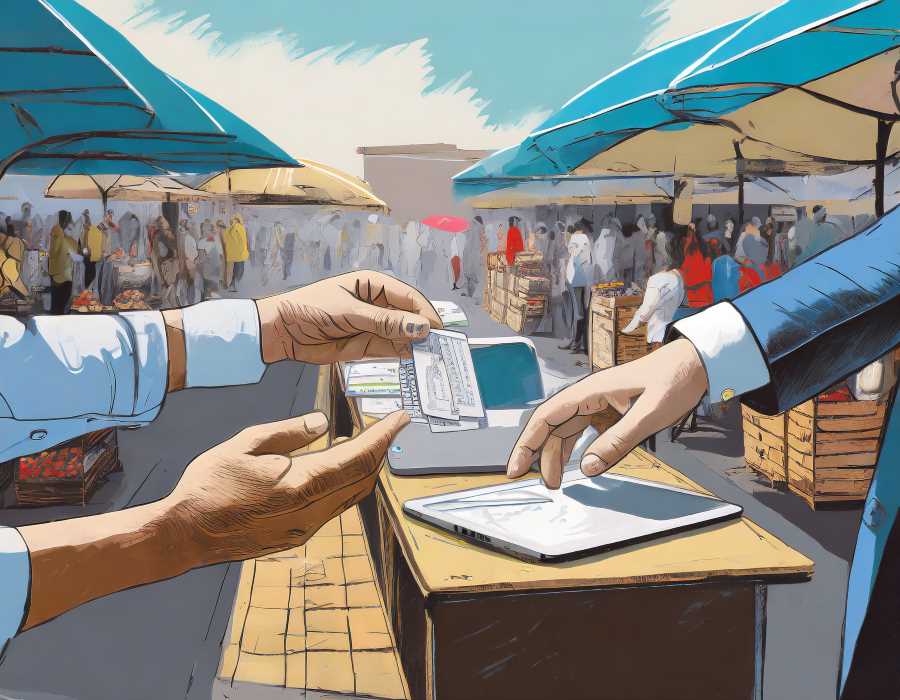How 10 Pesos Can Unlock a Financial Fantasy in Mexico
Mexico's INE black market is fueling a surge in identity theft, with fake IDs available for a mere 10 to 1,500 pesos. Fintechs, banks, and unsuspecting citizens bear the brunt, raising questions about the battle against identity theft in Mexico's financial landscape.

In a world where buying a fake identity is as easy as ordering fast food, Mexico finds itself in the throes of a peculiar crisis. The black market for voter credentials, locally known as INE, has transcended shadowy alleys and seedy backrooms, infiltrating the digital realm and wreaking havoc in the country's financial institutions.
Fernando G. Paulin, the maverick CEO and Co-Founder of Trully, a company specializing in the unmasking of fraud, dropped a bombshell at the STP Summit 2023. “Buying an INE is super easy in Mexico, on different channels, on Facebook, on Telegram, on WhatsApp. Buying an INE costs you from 10 pesos to 800, one thousand, one thousand 500 pesos.” In a bizarre twist, these INEs come with an extra feature – pre-qualified credit scores, opening the door to a Pandora's box of financial crimes.




